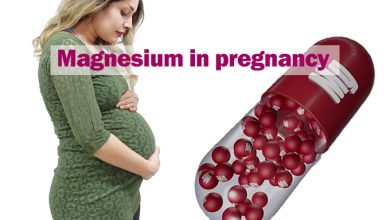Iodine consumption during pregnancy
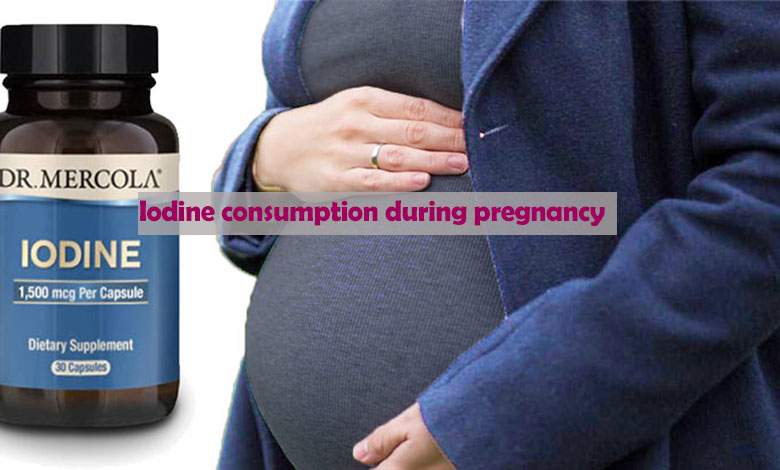
how do you consume iodine during pregnancy? It is estimated that more than 8.1 billion people worldwide do not get enough iodine in their diet. This puts them at risk for iodine deficiency, an essential nutrient needed in small amounts to make thyroid hormones in the body.
The World Health Organization (WHO) recommends adding iodine to salt to prevent problems that occur after iodine deficiency. Pregnant or breastfeeding women need higher amounts of iodine, putting them at a higher risk of developing iodine deficiency. Breast milk for infants contains iodine.
Why is iodine deficiency important in pregnancy?
Since the thyroid hormones produced by the mother (and by the baby as pregnancy progresses) are necessary for the growth and development of the baby and for the regulation and development of its brain and nervous system, thyroid function increases during pregnancy. Nerve tissue begins to develop from the second week of pregnancy.
If a woman’s body stores of iodine are limited during pregnancy or children receive very small amounts of iodine in childhood, the resulting damage may be irreversible.
Research shows that severe iodine deficiency can disrupt the normal physical growth of children and also damage the normal development process of the brain and lead to a decrease in intelligence quotients. Less is known about the consequences of mild to moderate iodine deficiency. Excessive amounts of iodine can also harm mothers and babies and have adverse effects (for example, cause hyperthyroidism)on them.
Although salt is the most common source of iodine intake, medical groups recommend that women in many countries take iodine supplements during and after pregnancy to ensure they meet their iodine needs.
Related article: smarty pants prenatal vitamins
Why do you need iodine during pregnancy?
Iodine is required for the development of the fetus’s brain and nervous system. It also regulates the child’s metabolism, that is, the speed of the baby’s use of energy. Iodine plays an important role in the regulation of the thyroid gland. Iodine deficiency during pregnancy has been associated with an increased risk of miscarriage, preterm delivery, and stillbirth.
How much iodine do you need?
Women need the following amounts of iodine at different periods of their lives:
- Non-pregnant women: 150 micrograms per day
- Pregnant women: 220 micrograms per day
- Breastfeeding women: 290 micrograms per day
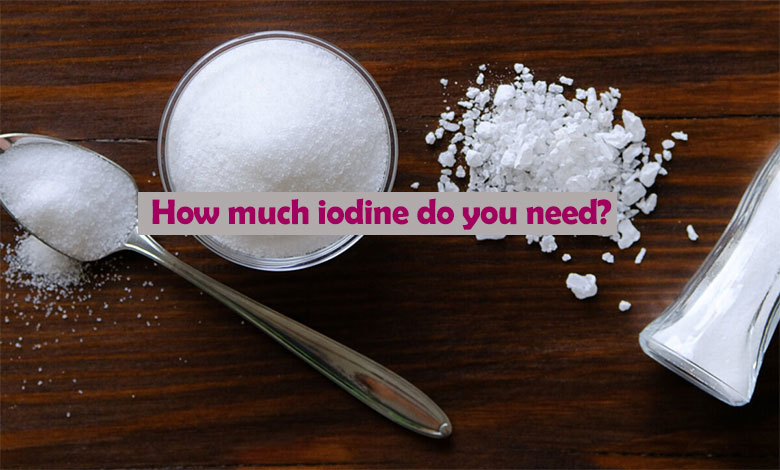
What are the food sources of iodine?
Iodine is found in dairy products, eggs, vegetables, shellfish, and brewer’s yeast. The amount of iodine in many foods varies depending on the amount of iodine in the soil or water in the region. Some good food sources of iodine and the amount of iodine they contain include:
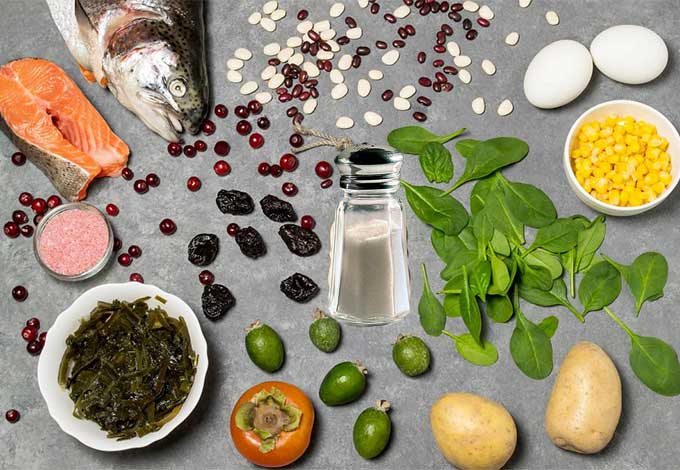
- A glass of milk: 99 micrograms
- One gram of iodized salt, about an eighth of a teaspoon: 77 micrograms
- One medium baked potato in the skin: 60 micrograms
- 85 grams shrimp: 35 micrograms
- 85 grams of turkey breast, cooked: 34 micrograms
- Half a cup of white beans, cooked: 32mg
- One large hard-boiled egg: 12 micrograms
Additionally, some sea vegetables contain large amounts of iodine, and sometimes even more than the daily intake. For example, just 7 grams of dried seaweed can contain more than 4,500 micrograms of iodine, which is more than four times the maximum allowable daily intake of iodine, since the maximum amount considered safe for iodine is 1,100 micrograms per day.
Should You Take Iodine Supplements?
Prenatal vitamins don’t contain a reliable amount of iodine, but you probably don’t need supplements either, as iodine is easy to get from food. Some dietary salts are often fortified with iodine to prevent iodine deficiency. Read the label on the salt package to be sure.
Also check the quantity, as it can vary greatly between different products. Sea salt doesn’t always contain iodine, and salt found in processed foods is rarely iodized.
In general, people get too much salt in their diets, so it’s a good idea to calculate your daily iodine intake to see how much iodine you’re getting.
What are the symptoms of iodine deficiency?
Although iodine deficiency is not very common, iodine deficiency is the most important cause of preventable mental disability and brain damage. Symptoms of thyroid problems caused by iodine deficiency include an enlarged thyroid gland, fatigue, weakness, depression, inability to tolerate cold or being very cold, and weight gain. If you think you may be iodine deficient, talk to your doctor or midwife.
Why is iodine deficiency important in pregnancy?
Iodine maintains normal thyroid function. The thyroid gland produces hormones that control metabolism, heart rate, body temperature, and other important bodily functions. Getting enough iodine during pregnancy ensures the health of the fetal thyroid gland.
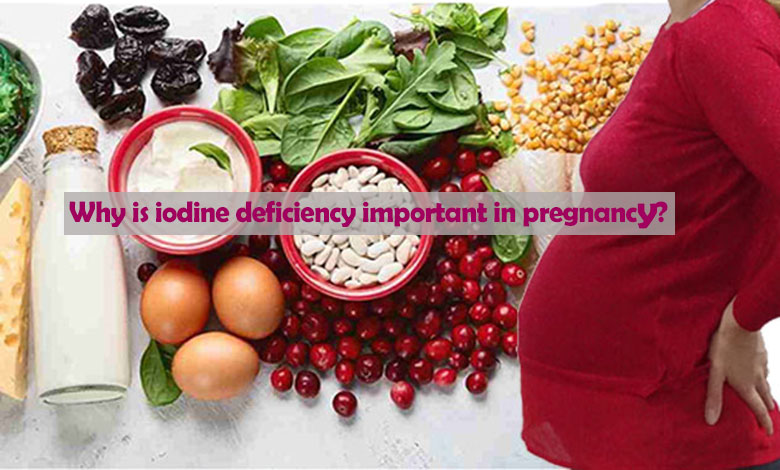
In rare cases, the lack of thyroid development in the fetus can have adverse effects such as low IQ, delayed growth, deafness, impaired physical and brain development, etc. Iodine intake also plays a key role during breastfeeding, as it is transferred to the baby via breast milk.
How much iodine does a pregnant woman need?
Is it possible to overdose on iodine?
Are you getting the right amount of iodine?
Hypothyroidism is another concern, especially if you have chills, muscle weakness, fatigue, pale skin, swelling, muscle or joint pain, or constipation.
Fortunately, if you eat a healthy, balanced diet during pregnancy, iodine is available in meals and snacks. By focusing on whole foods, cooking with iodized salt, and taking prenatal supplements as prescribed by your doctor, all the iodine needed by the pregnant mother and fetus is provided to the body.
